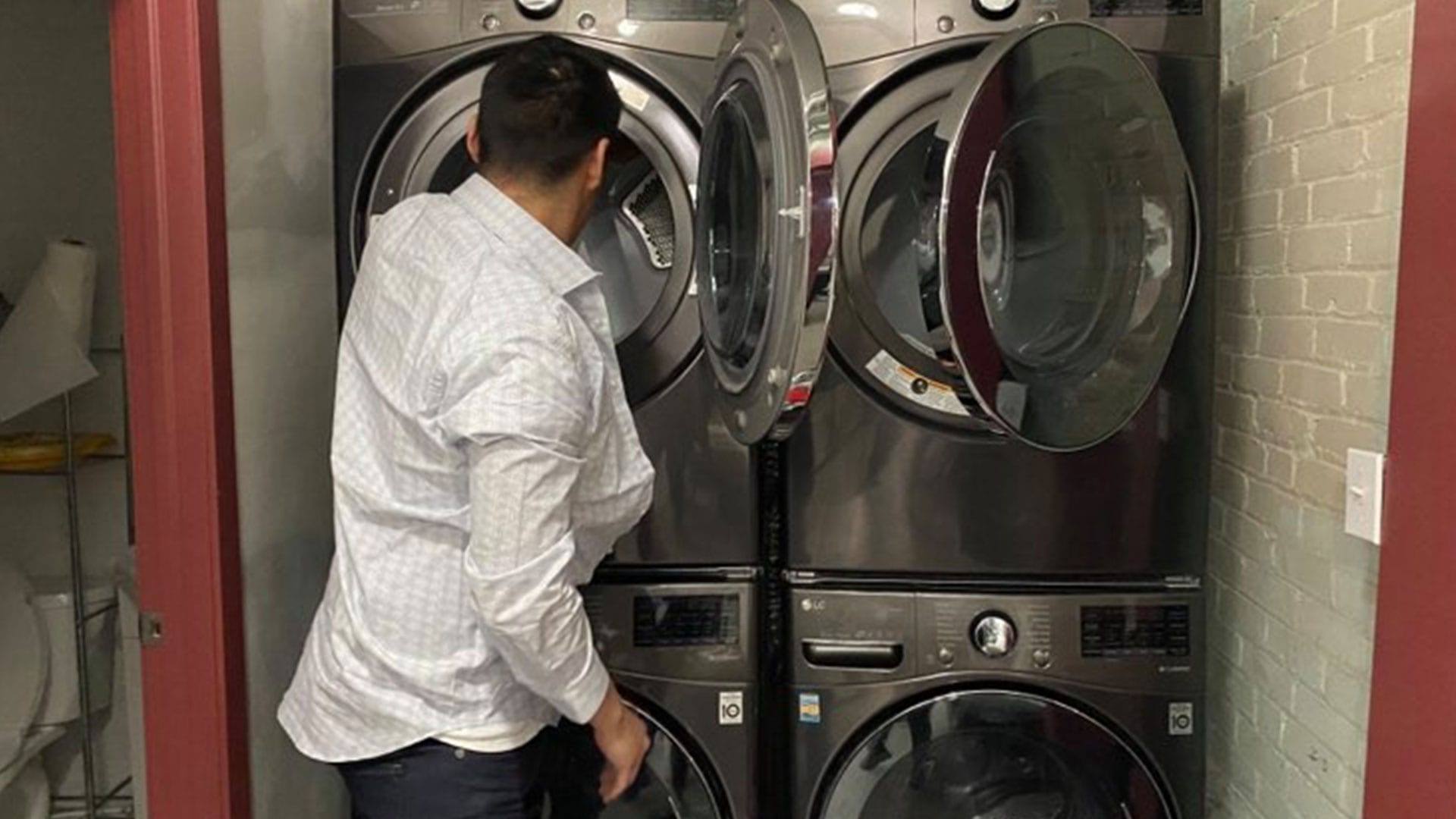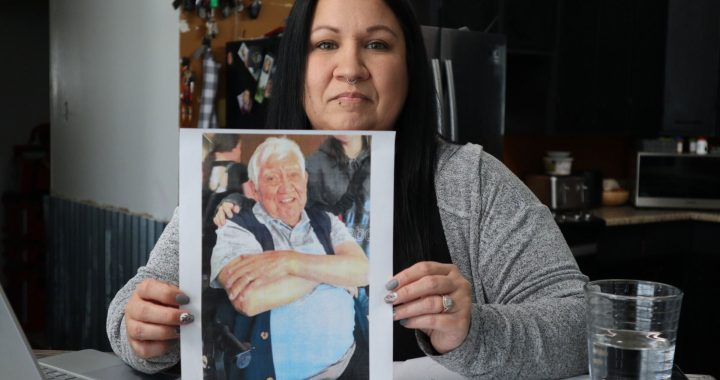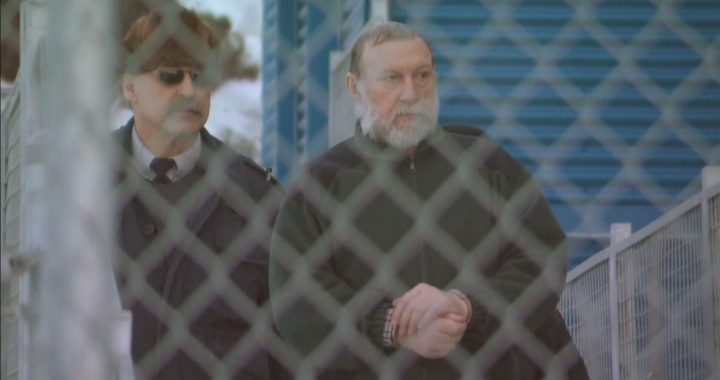For the past month, Patrick has been living in an apartment situated at one of the busiest corners in Winnipeg’s West End.
To passers-by the grey two-story building looks like many of the others in the neighbourhood, but for Patrick this apartment block is more than just a home – it’s a place where he can rebuild his life with his two young daughters.
Patrick is staying at Makoon Transition Inc., a Winnipeg-based assisted living facility for First Nations families involved with the child welfare system.
The building is home to 19 private apartments as well as support spaces and programs including a child-minding area, relapse prevention and family wellness programs and one-on-one counselling.
“I’ve always had to do it on my own and I’ve always done it on my own but finally it feels good to have somebody to lean on,” Patrick told APTN News.
Patrick is not his real name. Because he is involved with child and family services he cannot be identified.
The 27-year-old single father has spent the past year trying to gain custody of his daughters after he said they were apprehended from their mother
During this time Patrick was searching for a home for his family but had trouble finding an appropriate place with Manitoba Housing.
His lawyer eventually reached out to Makoon to ask for assistance.
Patrick moved in last month and his daughters were returned two weeks later.
Since moving in Patrick said the support has been life changing, but it’s the little things that have meant the world.
“They bought me a coffee maker the other day and that made my whole day,” he said.
Patrick’s family is one of dozens who have moved into Makoon since they opened their doors in September last year.
The facility offers 24-hour on-site care with more than 30 staff trained in addictions counselling and parent coaching, among other things.
“Having a place like Makoon, for me, it eliminates a lot of the risk and concern that the agencies may have when they’re contemplating reunification,” said Kendra Inglis, director of Makoon Transition Inc.

Inglis said the response has been overwhelming.
Since opening, the phones have been ringing off the hook with referral requests from parents and social workers.
“The point was to do it small and do it right so I thought we would start with opening eight units…by Sept. 10 the whole building was full,” said Inglis.
Inglis has spent decades working in the child welfare industry in a variety of positions but most recently in family reunification.
The idea for Makoon came in 2017 after Inglis, herself a former child in care, saw the struggles youth who were aging out of the child welfare system were facing, but through her work in reunification she found parents were often dealing with similar issues.
“The same program that I wanted to deliver to youth was so relevant to families who were working within reunification or prevention. They were working to keep their kids at home…a lot of the families that I was working with in different roles were also kids who had aged out of care,” said Inglis.
“They were just ill-equipped to navigate the world.”
The same could be said for parents who regain custody of their children, Inglis believes. In some cases, mothers and fathers have been separated from their children for months or years and have to relearn how to parent all while dealing with trauma or addictions.
Makoon aims to provide parents with practical, hands-on learning of life skills such as cooking healthy food, budgeting, shopping and financial planning, according to the website. The facility offers families a place to practice living on their own while still receiving supportive services.
A recent report from Manitoba’s advocate for children and youth found there is not enough aftercare supports for parents once kids are returned.
Read More:
Maltreatment deaths focus of a new report from Manitoba’s child advocate
In some cases, this has meant children will end up back in care or as the report outlines children have died.
Inglis is not surprised by the advocate’s findings. She said often once a child is returned the agency will not do proper follow ups or wellness checks.
At Makoon the parents choose what supports they need.
“It’s about giving the power back to the parents,” said Inglis. “They take so much more from the programming when it’s their choice to be there.”
Makoon gets funding through Jordan’s Principle meaning they can only offer placements for First Nations families. Inglis, who is Métis, hopes this will change over time.
Samantha is another single parent living at Makoon with her children.
In December, she regained custody of two of her children while also caring for her newborn who was never in care.
While she was grateful to be reunited with her children, she soon recognized she needed help caring for three children under the age of four.
She moved into Makoon in January and has found the help she was looking for.
“Immediately when I got here I felt support. People coming to my door knocking and asking, ‘Are you okay, do you need any help today?’” said Samantha.
“Those are things every mom getting their children back really need because sometimes we aren’t okay.”

Samantha feels she is in a much better place than she was only a couple of months ago. She is taking online courses and has been able to secure a daycare for her children.
“This is where I’ve always wanted to get. Get me kids back and just thrive after that,” she said.
It’s stories like Patrick and Samantha’s that make this work rewarding for Inglis.
“Parenting isn’t easy. It really does take a village and we want to create that village here and then create it for when they transition out,” said Inglis.
Five families have successfully transitioned to living on their own.










